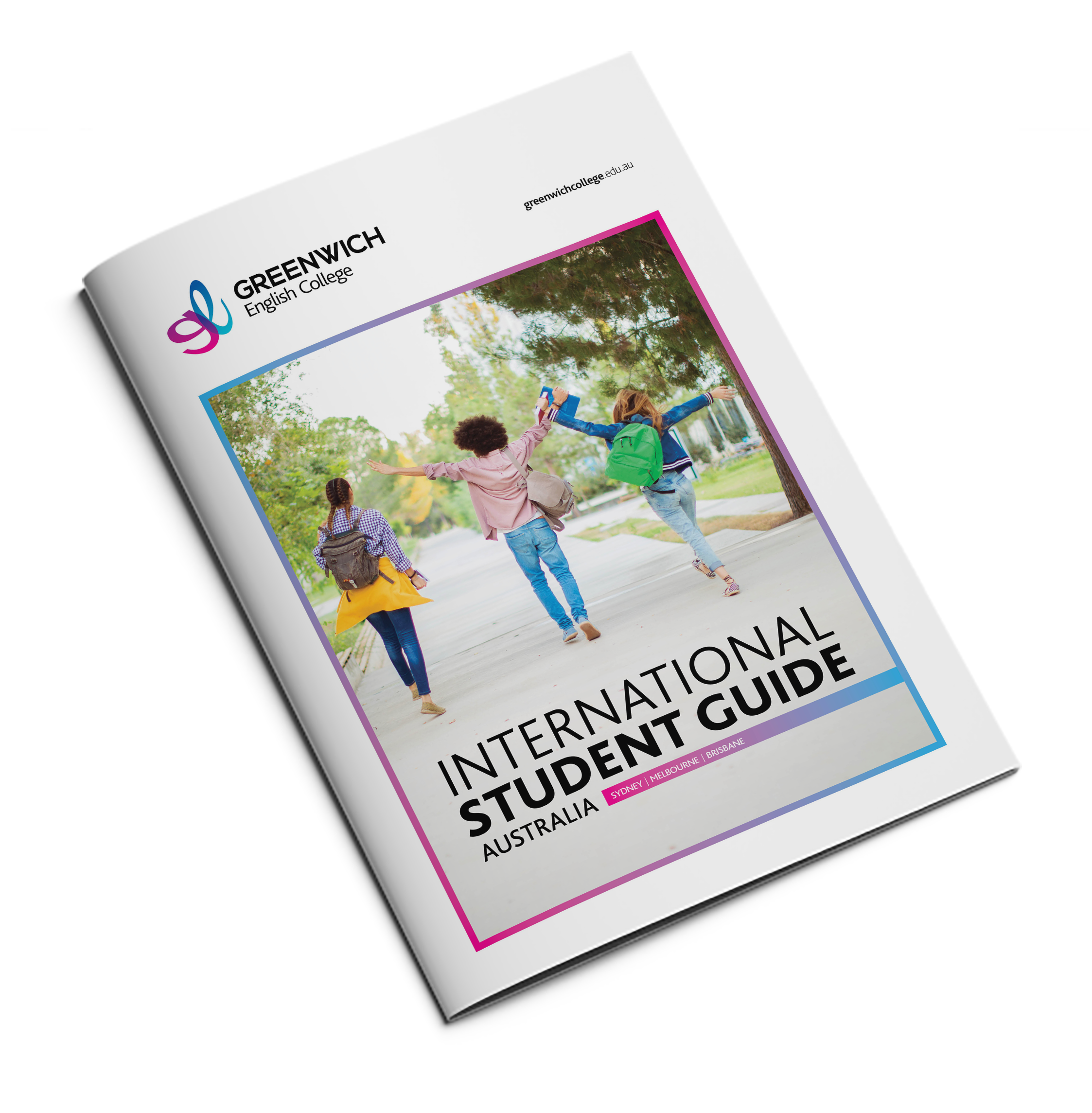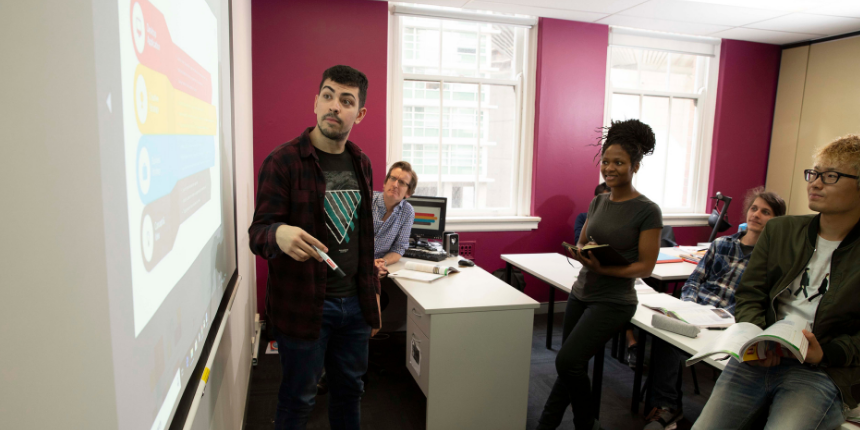.jpg?width=1903&height=644&name=IMG_4106%20(1).jpg)
Latest News

Grammar Lessons: For and Since
Two of the most common words to indicate a connection between a past event and a present consequence are for and since. These two words seem to be very similar, but they have specific meanings and must not be mixed up. This is a common error.
What does each word mean and how are they both used?
The following two examples are wrong, but why?
- I have been in Sydney since 4 months.
- I have been in Sydney for April.
Both words are used to indicate time, but slightly differently.
- a) I have been in Sydney for 4 months.
- b) I have been in Sydney since April.
These sentences are examples of the present perfect. We use the present perfect to talk about a past event that has a consequence now.
In examples a and b the past event was my arrival in Sydney and the connection to the present is the fact that I am still in Sydney.

Using ‘for’
For is used to indicate a period of time from or up to a certain date.
ß-------------For 4 months-------------à
_____X________________________________________X
Arrived in Sydney Present
It is used with words that indicate a period of time, such as:
- I’ve been at Greenwich College for 1 year.
- The film has been out for 2 months.
- Peter has just popped to the shops for 5 minutes.
- I’ve been telling you that for the last week!
- I’ve been waiting for ages!
- I wonder where Sarah is, she’s been gone for quite a while.
- I’ve loved surfing for as long as I can remember.
Using ‘since’
Since is used to indicate a point in time from which we connect to the present.
Since April--------------------------------------à
____X__________________________________________X
Arrived in Sydney Present
It is used with words that indicate a point in time, such as:
- She’s been in Melbourne since Tuesday.
- Francesca’s been learning English since January.
- I’ve lived in Australia since 1984.
- He’s been gone since yesterday.
- I’ve had a headache since this morning.
- I’ve been feeling much better since we chatted about everything.
Exceptions to the rule
Sometimes students can get confused because words like January could indicate a point in time and a period of time. In these cases, context is best. In general we do not say ‘I have been in Sydney for January’ in the perfect tense, but it is ok when referring to the future. For example: ‘I’m going to be in Sydney for January’.
Learn more about our English language courses >
 Chinese
Chinese Japanese
Japanese Italian
Italian Korean
Korean Spanish
Spanish Portuguese
Portuguese Thai
Thai Vietnamese
Vietnamese








